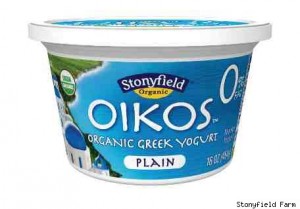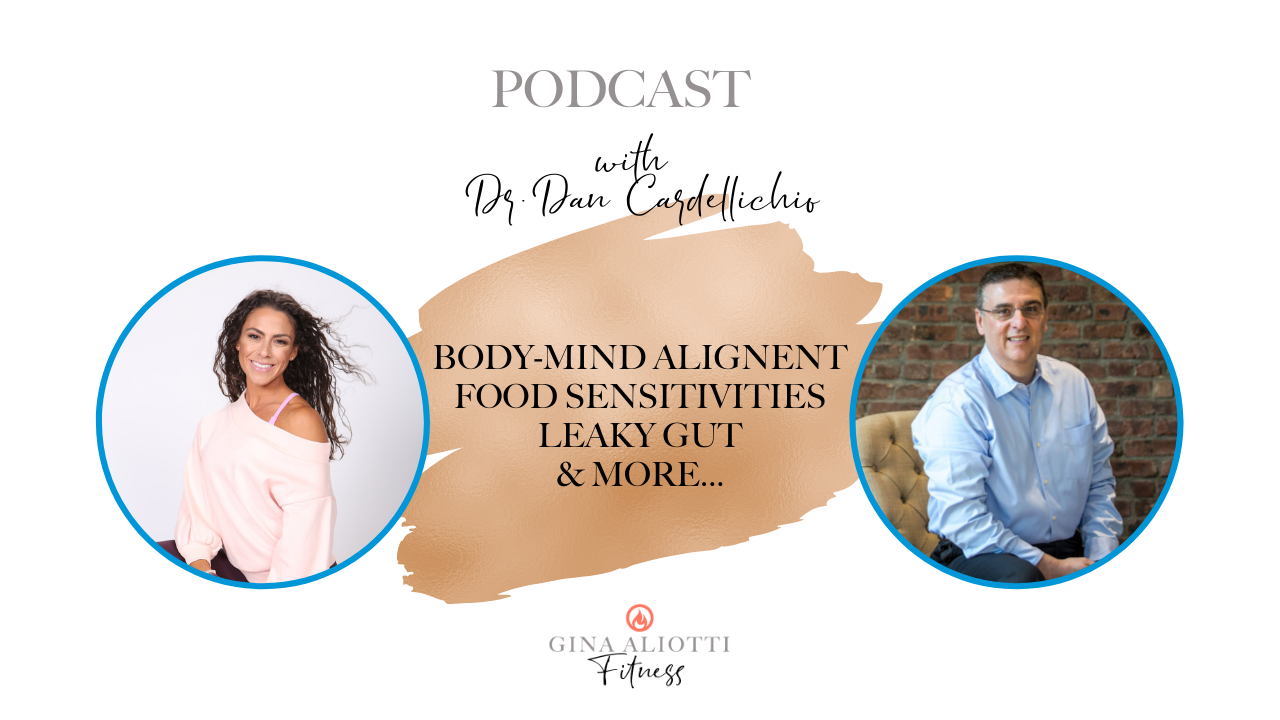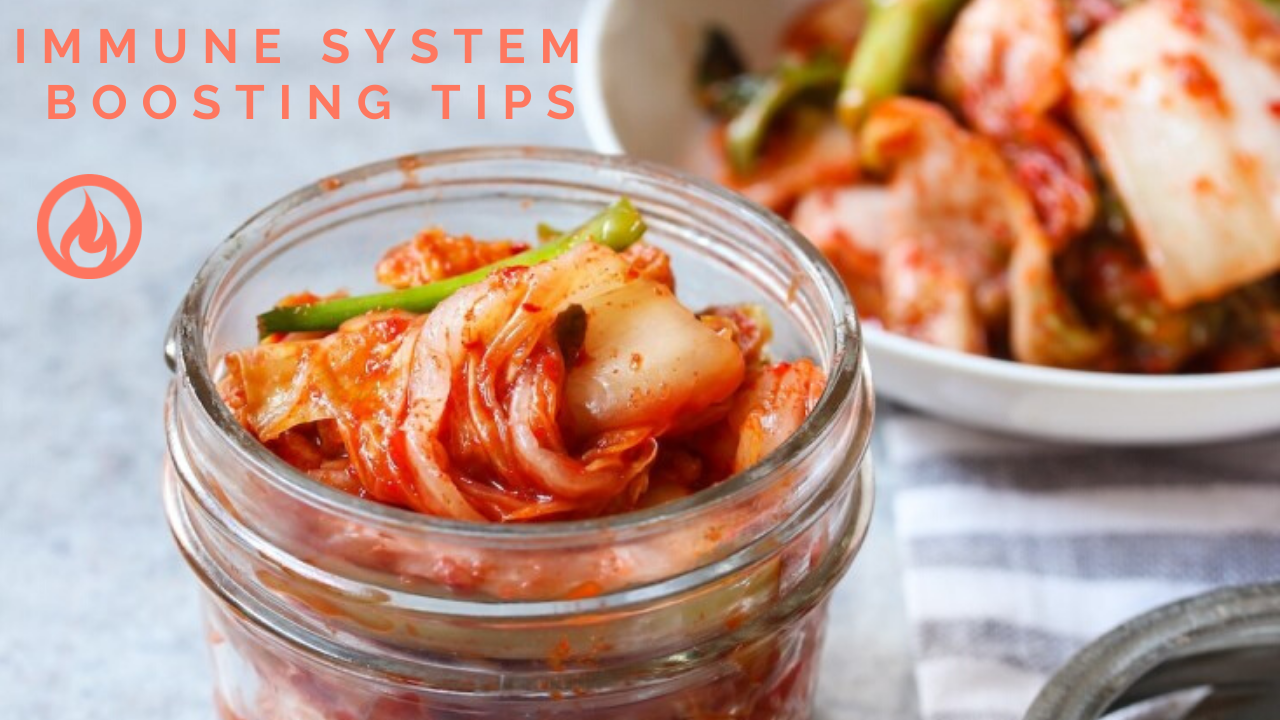What Are Probiotics?
Probiotics are live microorganisms, basically good bacteria that is similar to those that found naturally in our gut. There have been tons of studies of the health benefits of adding probiotics into your diet. Some, but not all, of these benefits include:
- Promote a healthy digestive system
- Help treat IBS (irritable bowel syndrome) and Crones disease
- Strengthens the immune system
- Help treat UTI’s (urinary tract infections)
- Help in preventing and managing of atopic dermatitis (eczema) in children
- Help prevent food allergies in children
Probiotics are great at regulating and maintaining an ideal balance in the digestive tract while helping prevent illness by keeping the immune system healthy and functioning properly. They are also really important to take while taking antibiotics because they help protect your immune system and supple the good healthy gut bacteria that may be lost with antibiotics. Remember, they are a good bacteria, there is such a thing!
Feel stressed? Another benefit of probiotics is to reduce the symptoms of stress, which may may include stomach problems such as diarrhea, constipation, and random discomfort.
Benefits During Pregnancy
A staple supplement during any pregnancy are probiotics! One side effect of pregnancy can be mild to severe digestive issues from heartburn, constipation, cramping or diarrhea and probiotics can help aid in any of these discomforts!
Adding Probiotics during pregnancy can be very important and helpful during pregnancy, helping to keep the GI system in balance, relieving symptoms and functioning properly. Another added bonus is that probiotics can help increase the immune system of a baby, even in pregnancy. You are not only benefiting you but you are benefiting your baby!
Finding Probiotics
Probiotic bacterias can be found in pill form or in several natural forms. The most common natural sources are in fermented dairy products but there are several more that contain these healthy bacterias! Consider adding a few of these natural sources, along with a supplement into your daily routine!
1. Yogurt
One of the best probiotic foods is live-cultured yogurt. Be sure to look for brands that are not filled with sugar or artificial sweeteners. My favorite is Greek Yogurt.

2. Kefir
Similar to yogurt, this fermented dairy product is mix of goats milk and fermented kefir grains. Kefir is not only high in lactobacilli and bifidus bacteria, but rich in antioxidants.

3. Sauerkraut
Made from fermented cabbage (as well as other vegetables), sauerkraut is not only extremely rich in healthy live cultures, but also aids in reducing allergy symptoms. Sauerkraut is also rich in vitamins B, A, E and C.

4. Dark Chocolate
Yes, Probiotics can be added to high-quality dark chocolate. Not just any chocolate though, so be sure it is a high quality and is listed on the labels.

5. Ocean-Based Plants
This includes spirulina, chorella, and blue-green algae. These probiotic foods have been shown to increase the amount of both Lactobacillus and bifidobacteria in the digestive tract.
6. Miso Soup

Miso is made from fermented rye, beans, rice or barley, adding a tablespoon of miso to some hot water makes an excellent, quick, probiotic-rich soup, full of lactobacilli and bifidus bacteria.
7. Pickles
It could be as simple as a Pickle a day! Pickles are an excellent source of probiotics! Suggested is dill over sweet to avoid the added sugars.

8. Tempeh
Tempeh is a fermented, probiotic-rich grain made from soy beans. Tempeh is also a great source of vitamin B12.

9. Kimchi
Kimchi is a spicy and sour fermented cabbage, known as “Asian pickled sauerkraut”. High in Probiotics but also a great source of beta-carotene, calcium, iron and vitamins A, C, B1 & B2. Kimchi is one of the best probiotic foods you can add to your diet, if you like spicy foods!!

10. Kombucha Tea
This is a form of fermented tea high in healthy gut bacteria. This tea not only aids in digestion but supposedly increases energy and has even been used as a “weight loss” supplement.
Aside from natural sources of probiotic foods/drinks, you can always supplement your diet with a good probiotic supplement. Whether you eat probiotic foods on a daily basis or not, a good supplement may be a sure way to ensure you are getting in all your healthy gut bacteria and reaping all their healthy benefits!





